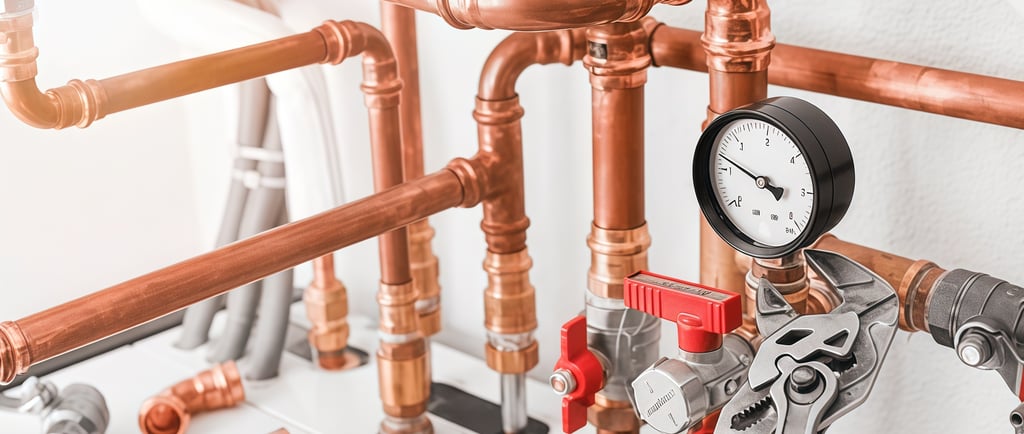Revolutionizing Rural Healthcare: The Role of Medical Gas Pipeline Systems (MGPS)
10/6/20252 min read


Intro
In the evolving landscape of rural healthcare, accessibility and efficiency are paramount. A significant advancement in medical technology, the Medical Gas Pipeline Systems (MGPS), offers a promising solution to improve healthcare delivery in rural settings. This article explores the implications of MGPS in rural healthcare facilities, addressing their unique challenges and the advantages they provide.
The Challenge
Rural healthcare facilities have long faced constraints in providing timely and reliable medical services. Traditionally, they rely on gas cylinders for essential gases, including oxygen and nitrous oxide, which are often costly, difficult to transport, and associated with supply delays. During emergencies, such dependence can result in critical shortages, jeopardizing patient safety and care quality. The inability to guarantee a steady gas supply can lead to dire consequences, particularly in life-saving situations where every second counts.
The MGPS Advantage
The implementation of Medical Gas Pipeline Systems (MGPS) represents a significant leap forward in how rural hospitals operate. This innovative system provides continuous gas supply, offering numerous benefits that address the traditional challenges faced by rural facilities:
- ✅ Continuous Gas Supply: MGPS ensures a reliable and uninterrupted delivery of essential gases, such as oxygen, nitrous oxide, and medical air, crucial for patient treatment.
- ✅ Improved Safety: The implementation features leak-proof, code-compliant installations that enhance the safety of both healthcare personnel and patients.
- ✅ Cost Reduction: By minimizing reliance on high-cost cylinders, rural facilities can effectively reduce operational costs, allowing them to allocate resources more effectively.
- ✅ Better Space Utilization: MGPS installations optimize hospital space, freeing up areas that were previously used for cylinder storage and enhancing the overall functionality of the facility.
- ✅ Scalable Design: The modular design of MGPS allows for scalability, accommodating the growing needs of healthcare facilities as they expand.
MedDevices’ Role
At the forefront of implementing MGPS, MedDevices plays a pivotal role in ensuring rural healthcare facilities can harness these advancements efficiently. By providing tailored solutions and expert guidance, MedDevices is committed to helping facilities transition from traditional gas suppliers to advanced pipeline systems. Their approach emphasizes safety, compliance, and operational scalability, thereby enhancing the overall quality of rural healthcare delivery. Through strategic partnerships and dedicated support, MedDevices ensures that the full potential of MGPS is realized, enhancing the care provided to patients in rural areas.
Final Word
In summary, Medical Gas Pipeline Systems (MGPS) are transforming the landscape of rural healthcare facilities. By addressing the inherent challenges of gas supply and enhancing operational efficiency, MGPS contributes significantly to patient safety and care quality. As rural healthcare continues to evolve, embracing innovations like MGPS will be crucial in ensuring that healthcare providers can meet the growing demands of their communities effectively.
Services
© 2024. All rights reserved.
Products


We're Making it easier to find Better Medical Devices
Find us on Map:
Contact Information
Phone: +91 9029457428 | +91 9833236604 | +91 7506374381
Email : medevices2018@gmail.com | sales@medevices.in
